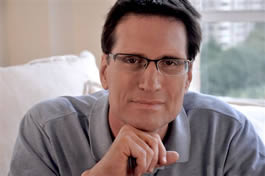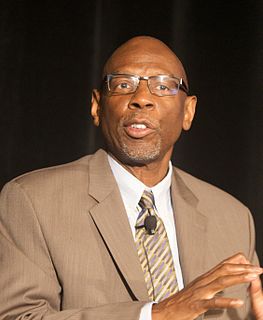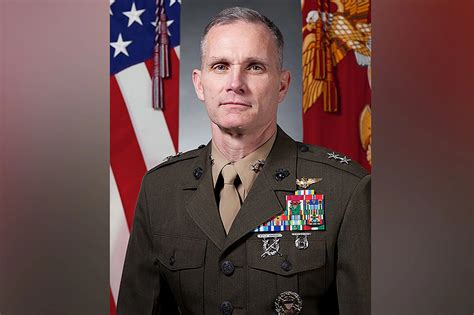A Quote by Timothy Carey
A parenting program should provide time for parents to clarify their own ideas about what it means to be an effective and successful parent.
Related Quotes
The first idea of Captain Fantastic was a pretty radically different one. The genesis had to do with parenting and questions about parenthood and fatherhood specifically. I have two kids and I was grappling with what my values were and what I wanted to pass to my children. So I was positing different kinds of parents and different ways of parenting. I played with various ideas - very permissive parenting, very restrictive parenting and then I came up with the character of Viggo Mortensen, and much of it was aspirational, some of it was autobiographical.
My father once said about being a parent that it is the only thing you do that requires a very long period of learning, and at about the time that you are becoming competent, you don't need the skills anymore. Notwithstanding this modest assessment of their parenting skills, they were wonderful parents.
The traditional paradigm of parenting has been very hierarchical, the parent knows best and very top down. Conscious parenting topples [this paradigm] on its head and creates this mutuality, this circularity where both parent and child serve each other and where in fact, perhaps, the child could be even more of a guru for the parent .... teaching the parent how the parent needs to grow, teaching the parent how to enter the present moment like only children know how to do.
I worry about the kids who have too much. As a parent living in a so-called good neighborhood with children who went to private high school, I found myself spending much time in parent groups worrying about alcohol, unsupervised parties, and parents not being parents. We've got to send messages to our kids about what is important.
Labeling people single parents, for example, when they may in fact be co-parenting - either with an unmarried other parent in the home or with an ex-spouse in a joint custody situation - stigmatizes their children as the products of 'single parenthood' and makes the uncounted parent invisible to society.
Despite the long-term reduction in familial roles and functions, we believe that parents are still the world's greatest experts about the needs of their own children. Virtually any private or public program that supports parents, effectively supports children. This principle of supporting family vitality seems to us preferable to any policy that would have the state provide children directly with what it thinks they need.
A large part of parenting is about managing weariness and motivation. Much of the success of parenting is about avoiding the sins of "omission" as well as "commission." You can feed, clothe, and house your kids and not really parent them. When we raise kids for selfish reasons (to feel proud, to have people love us and appreciate us), if they disappoint us we'll pull back. But when we realize that God has called us to raise godly children and God is always worthy to be obeyed, we have a motivation that goes beyond our own pride and our own comfort.


































